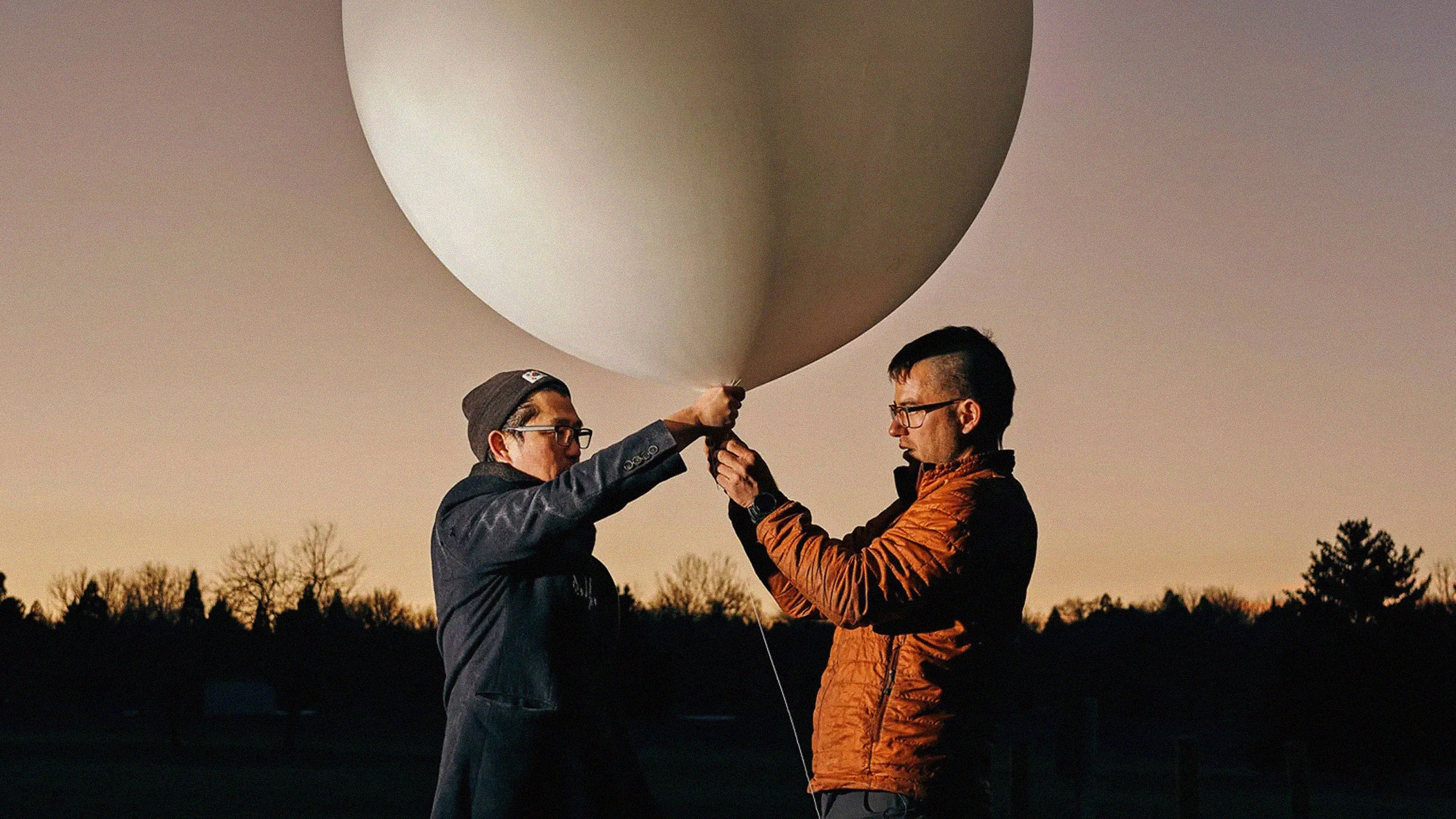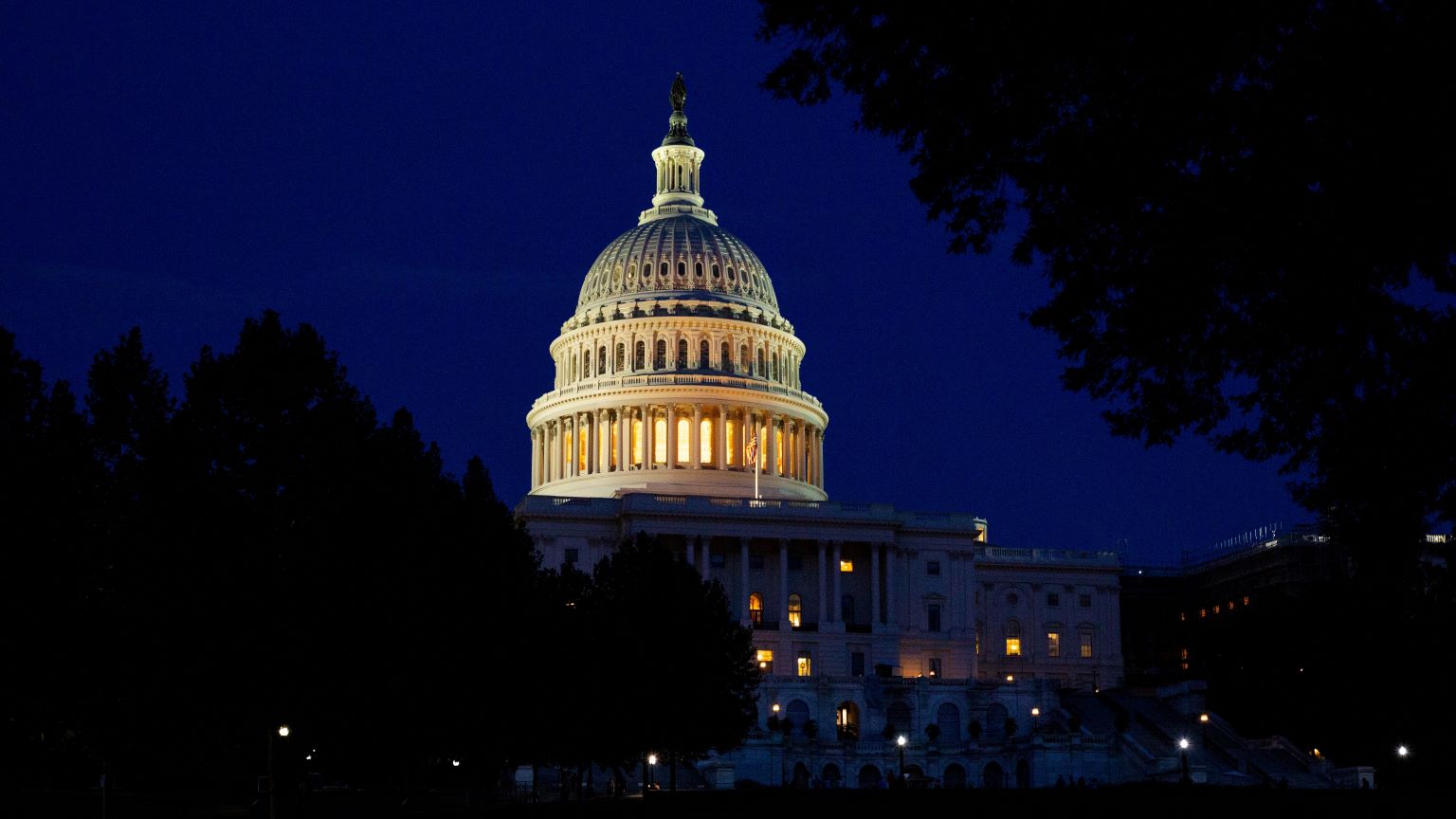IPCC Report Fails to Capture Media or Public Agenda

Friday’s IPCC report represents history’s most definitive statement of scientific consensus on climate change, yet despite the best efforts of scientists, advocates, and several media organizations to magnify wider attention to the moment, the report still only scored a modest hit on the overall news agenda.
Generating major attention to the report’s release stood as an almost impossible task. First, it’s a technical backgrounder, a massive literature review of the state of climate science. As exciting as that might sound to the small number of Americans who closely track the issue, it’s a major snoozer for the rest of the public. For journalists, not only is an authoritative distillation of past research a tough story to make exciting, but main themes of the draft report had been leaked over the past few months, eliminating any real surprises.
Though this latest IPCC report was expected to include the “strongest” language to date emphasizing the urgency of climate change, the take away conclusions that appeared in the lead paragraphs of the stories filed from Paris fell well short of major headline material. The IPCC, wrote journalists, was “90% certain that human emissions of greenhouse gases rather than natural variations are warming the planet’s surface” and that the evidence was “unequivocal.”
The scheduling of the report’s release couldn’t have been worse. Veteran political operatives know that Friday is when you strategically choose to release bad or embarrassing news, since it has a chance of being lost in the weekend cycle. On Friday, the IPCC report, for example, shared the same kind of timing applied to former Congressman Mark Foley’s resignation and the release of the damaging IM messages with former pages.
British news organizations did at least try to inject some drama into the moment. In reports on the IPCC release, the British papers ran now iconic pictures of polar bears on melting ice, including the striking photo included at the top of this post. The Guardian scored the biggest hit, reframing the IPCC report in the context of public accountability, breaking the news that the American Enterprise Institute had offered $10,000 payments to scientists and economists willing to write articles critical of the IPCC findings.
This “corruption” angle helped give the IPCC report more legs, appearing as the lead story Friday on NPR’s Marketplace, and as news in today’s Washington Post.
Still, despite the best attempts by news organizations to dramatize the moment, the report’s release just had too much to compete with, most notably the juggernaut narratives of Iraq, the 2008 election, and the weekend’s SuperBowl.
On Friday, NPR and network TV news led with details on a different kind of technical report, the release by the Bush administration of the National Intelligence Estimate. Not only was the IPCC release bumped from the lead on Friday’s radio and TV, on Saturday, headline space was shared with news that Bush was planning to ask Congress for close to three-quarters of a trillion dollars in defense spending.
At Sunday’s political talk shows, the IPCC report was barely mentioned. On NBC’s Meet the Press and ABC News This Week, questions leveled at opening guests John McCain, John Edwards, and Chuck Hagel focused almost exclusively on the Iraq War or on the 2008 election. The Sunday talk shows are important agenda-setters, while reviewing the past week’s major moments, statements made by leaders on the shows become fodder for the Monday morning news agenda. Yet the absence of questions directed at the guests meant that no new news was generated about the IPCC report. Certainly, with McCain the sponsor of major legislation on global warming, and Edwards making the issue one of his top priorities, the topic should have come up.
Yet when the IPCC report was finally mentioned, it came as the last item on ABC’s This Week roundtable panel of journalists. Of course, with George Will as part of the panel, distraction was the central theme, as Will suggested that the science of the IPCC report could somehow be trumped by a political vote in the Senate. From the transcript:
GEORGE STEPHANOPOULOS (ABC NEWS)
(Off-camera) Another big event on Friday, the intergovernmental panel on climate change in the United Nations came out with their major report on global warming. Here’s what the head of the program said.
ACHIM STEINER (UNITED NATIONS ENVIRONMENTAL PROGRAM)
The 2nd of February, 2007 in Paris will perhaps one day be remembered as the day where the question mark was removed behind the debate about whether climate change had anything to do with human activity on this planet.
GEORGE STEPHANOPOULOS (ABC NEWS)
(Off-camera) George, you have one of the longest living question marks in history on this issue. Has it gone away?
GEORGE WILL (ABC NEWS)
(Off-camera) No. We know that the climate has, over the last century, warmed up about one degree or seven-tenths of one degree Celsius. That we know. It is plausible that human beings have contributed something to this. Now what do we –
GEORGE STEPHANOPOULOS (ABC NEWS)
(Off-camera) More than plausible. They say within 90% certainty that –
GEORGE WILL (ABC NEWS)
(Off-camera) They say very likely.
DONNA BRAZILE (ABC NEWS)
(Off-camera) There is a link –
GEORGE WILL (ABC NEWS)
(Off-camera) They say very likely.
DONNA BRAZILE (ABC NEWS)
(Off-camera) – between human pollution and the rising greenhouse gas.
GEORGE WILL (ABC NEWS)
(Off-camera) Okay, now let’s all get on board. And I have a modest proposal. The president should send to the Senate for an up or down vote by Tuesday, we know all the results, we know all the science, we don’t need to debate it, the Kyoto accord, the Kyoto protocol –
DAVID BROOKS (“THE NEW YORK TIMES”)
That’s not the only option –
GEORGE WILL (ABC NEWS)
(Off-camera) Wait, wait, wait. Just remember, the Senate voted 95-0 in 1997 saying that nothing remotely like Kyoto should affect our country.
GEORGE STEPHANOPOULOS (ABC NEWS)
(Off-camera) And we’ve seen a lot of silence since then.
DAVID BROOKS (“THE NEW YORK TIMES”)
Yeah. You know I move from George to Donna on this issue.
GEORGE WILL (ABC NEWS)
(Off-camera) One more thing, 56 Senators who voted against it are still in the Senate.
DAVID BROOKS (“THE NEW YORK TIMES”)
Well, you know, I move from George to Donna. I used to be very suspicious but I spent my life getting a C in science classes. They’re all in agreement now so I’ve got to defer to their collective judgment. So then I think what happened this week was the debate, a little difference of George’s side, ended for, is there climate change, but what do you do about it?
GEORGE STEPHANOPOULOS (ABC NEWS)
(Off-camera) What do you do about it?
DONNA BRAZILE (ABC NEWS)
(Off-camera) And that’s where democrats come in. Because for 12 years the Republicans ignored this problem. And starting this spring the House will hold hearings and of course the climate guru himself, you might want to get a front row seat, Al Gore will be attending on March the 21st. Mark your calendar.
GEORGE STEPHANOPOULOS (ABC NEWS)
(Off-camera) And we are going to talk again about that when Al Gore comes back. I’m afraid we’re out of time this week but we are going to be dealing with this issue for a long time. Thank you all very much. They’ll continue the debate in the green room.




